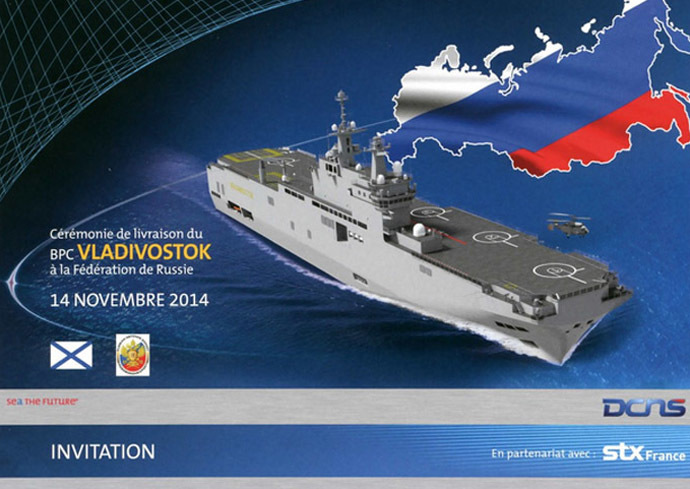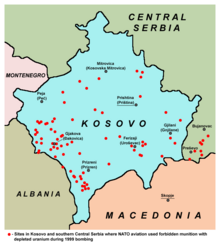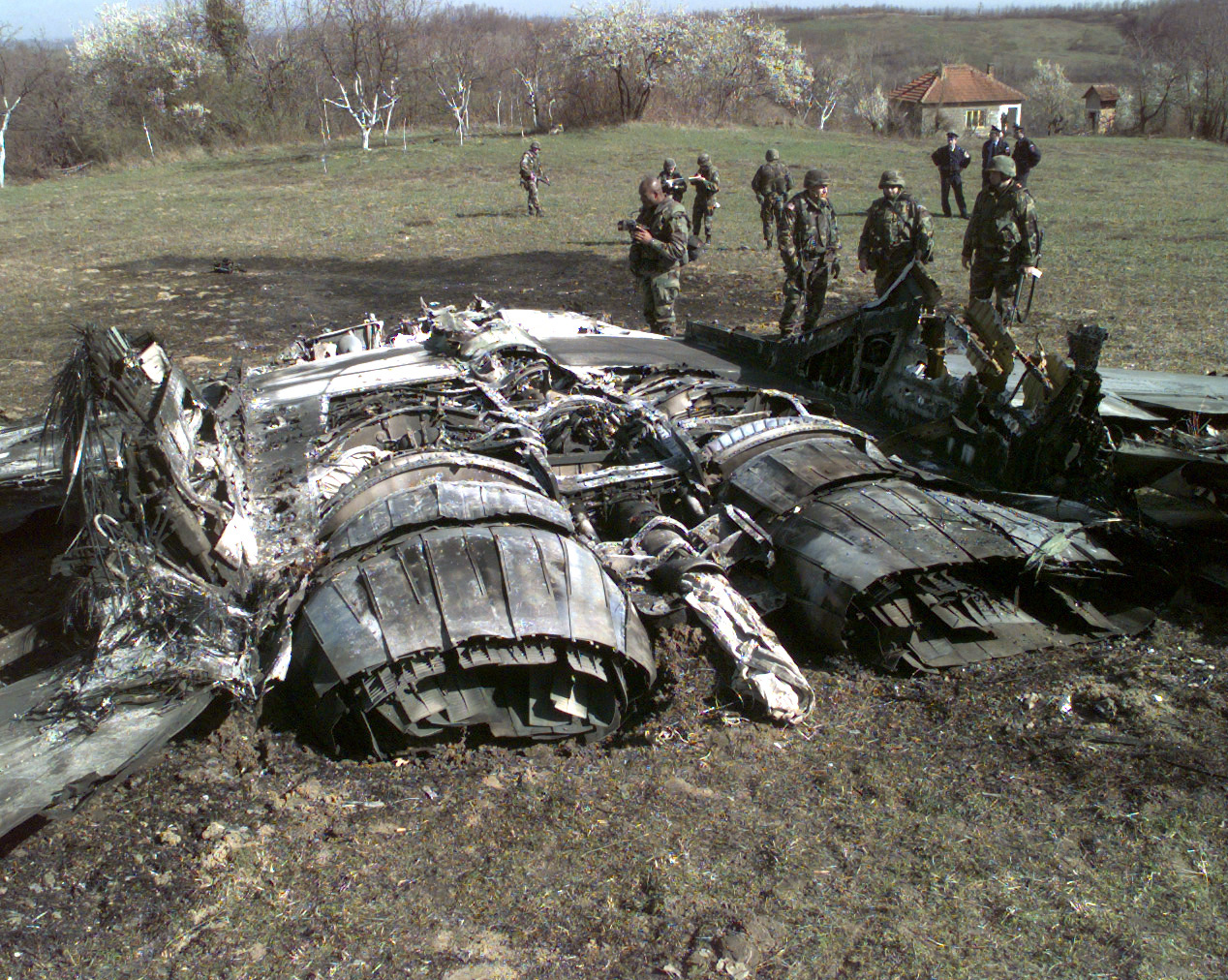US Navy deploys laser weapon to Persian Gulf for first-ever combat mission
Published time: November 14, 2014 23:42

A 30-kilowatt-class Laser Weapon System has been equipped on the USS Ponce amphibious transport ship since late August, Navy officials told Bloomberg.
The device is capable of focusing beams from six solid-state commercial welding lasers into a single strong beam, which can be used both as a blinding warning shot and as a weapon capable of setting fire to a drone or small boat.
It took Naval Sea Systems Command technicians seven years and $40 million to develop the technology to the current stage. The tour in the Gulf is more of a trial continuation than regular duty, as the Navy wants to learn more about its new tool.
The technology’s big advantage is its operational efficiency, as firing one shot costs just around $1, the Navy stressed. But lasers have their own peculiarities, with their efficiency depending on weather conditions, the presence of dust and vapors in the air, and other factors. The range of the laser, which is limited by those factors, remains classified.
There is also the issue of power, which the laser weapon requires in abundance – hence its deployment by the Navy on a warship with powerful generators.
Back in April, the Pentagon’s top weapons buyer, Frank Kendall, called the deployment of the laser on the USS Ponce “a worthwhile experiment” because “it’ll help us feel out the operational limitations” such as power constraints.
It was crucial to learn how the system would operate in the environment and how much energy it would consume, Kendall added.
The fact that the USS Ponce is stationed in the Persian Gulf “provides a unique platform” to deploy the laser “in an operationally relevant region,” Fifth Fleet commander Vice Admiral John Miller told Bloomberg in an email.
The US Navy has been boosting its presence in the area since 2011. The US targeted Iran’s oil industry and financial sector with economic sanctions aimed to put leverage on Tehran over its controversial nuclear program.
Amid the tensions, Iran threatened to close the Persian Gulf’s bottleneck, the Strait of Hormuz, through which one-fifth of the global oil trade passes. Washington’s response was that it would use its Navy to prevent such a blockade.
Iran’s supposed plan to stifle the oil trade of its Gulf rival relied on large US warships with swarms of fast, small boats. Incidentally, the Pentagon’s new weapon is designed to destroy small, fast-moving targets.
However, in an interview earlier this year, Chief of Naval Operations Admiral Jonathan Greenert stressed that the laser does not specifically target Iran.
“I wouldn’t target a country for a weapon, nor would I preclude putting together a weapons system for a country by itself,” Greenert said.










 .
. 





![[linked image]](http://www.hurriyetdailynews.com/images/news/201411/n_74243_1.jpg)
![[linked image]](http://www.hurriyetdailynews.com/images/news/201411/n_74306_1.jpg)








